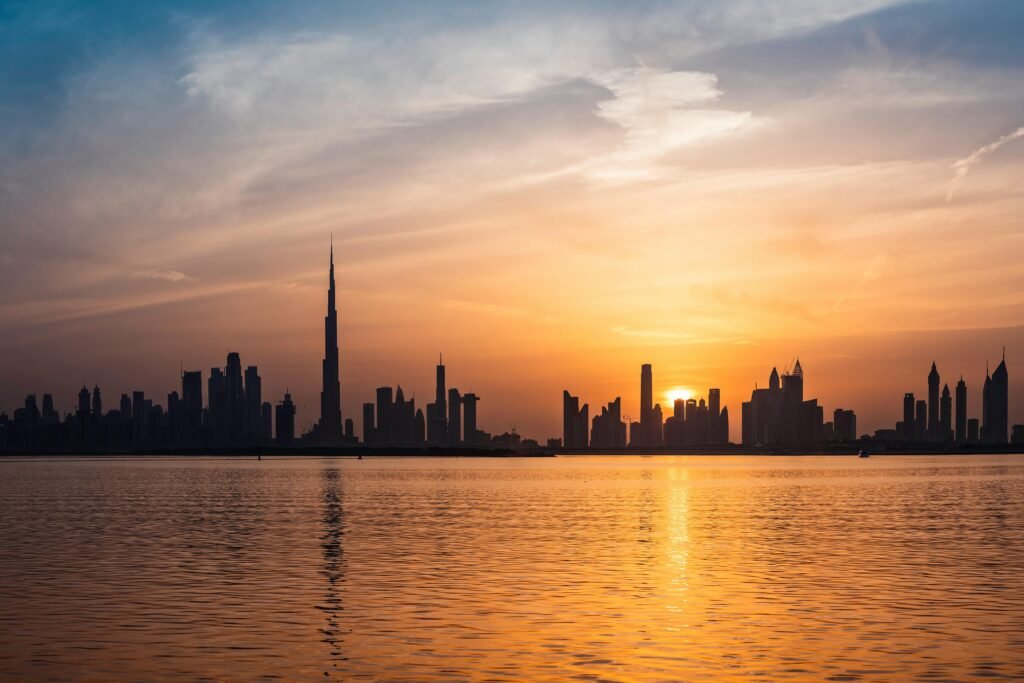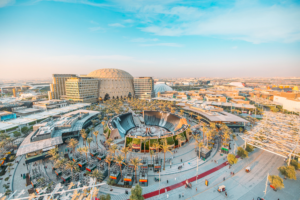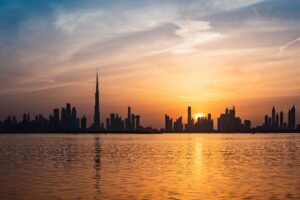Dubai’s real estate market has often been scrutinized for its rapid growth and price surges, leading to speculation that it may be a bubble waiting to burst. However, a closer look at real estate market fundamentals, government policies, and long-term demand drivers suggests otherwise. Here’s why Dubai’s real estate market is not a bubble but a robust, maturing investment landscape.
1. Sustainable Growth, Not Speculation
A classic real estate bubble is characterized by unsustainable price increases driven by speculation rather than genuine demand. Dubai’s real estate market has transitioned from speculative buying in the early 2000s to a more sustainable model today. With stricter regulations, affordability checks, and end-user-driven demand, price appreciation is more organic and in line with economic growth.
2. Strong Economic and Population Growth
Dubai’s economy is diverse, with thriving sectors such as tourism, trade, logistics, and finance. The city has also positioned itself as a global business hub, attracting multinational corporations and high-net-worth individuals. Additionally, Dubai’s population is growing steadily, with expatriates and investors continually entering the real estate market, ensuring consistent demand for residential and commercial properties.
3. Government Regulations and Market Stabilization Policies
Dubai’s government has implemented several measures to prevent overheating and ensure long-term market stability. Regulations such as mortgage caps, stricter off-plan sales monitoring, and transparent transaction reporting discourage excessive speculation. The introduction of long-term visas and Golden Visas for real estate investors further enhances confidence in the market, encouraging sustained rather than short-term investment.
4. Increasing Foreign Investment and Global Appeal
Dubai’s real estate sector continues to attract significant foreign investment due to its tax-free environment, high rental yields, and investor-friendly policies. With global instability in other markets, Dubai remains a safe haven for investors seeking security and growth. The consistent influx of capital from international real estate investors showcases long-term confidence rather than short-lived speculative behavior.
5. Supply and Demand Balance
While Dubai has experienced periods of high supply, developers have adjusted their strategies to align with real estate demand. Government initiatives such as planned project releases, the introduction of regulatory frameworks for developers, and an increasing focus on high-quality, sustainable developments help maintain a healthy supply-demand balance, preventing oversupply-induced market collapses.
6. Strong Rental Market and High Yields
Unlike typical bubble scenarios where property values become detached from rental income, Dubai offers some of the highest rental yields globally, averaging between 5-8%. The strong rental demand from residents, businesses, and short-term tourism markets ensures that real estate investments continue to generate steady returns, reinforcing the market’s sustainability.
Conclusion: A Maturing and Resilient Real Estate Market
Rather than a speculative bubble, Dubai’s real estate market is evolving into a mature, well-regulated, and globally attractive investment destination. With strong economic fundamentals, proactive government policies, and sustained demand from a growing population, Dubai’s real estate sector remains a stable and promising avenue for investors. The market’s resilience in the face of global economic fluctuations further underscores its long-term potential, making it a reliable real estate investment rather than a volatile bubble.
Dubai South – 10 Reasons why you should invest today
Invest in Dubai South for high ROI, strategic location, affordability, and business perks. A smart, sustainable hub with rising demand—don’t miss out!
Read MoreDubai’s Real Estate Market, is it a Bubble?
Invest in Dubai South for high ROI, strategic location, affordability, and business perks. A smart, sustainable hub with rising demand—don’t miss out!
Read More


